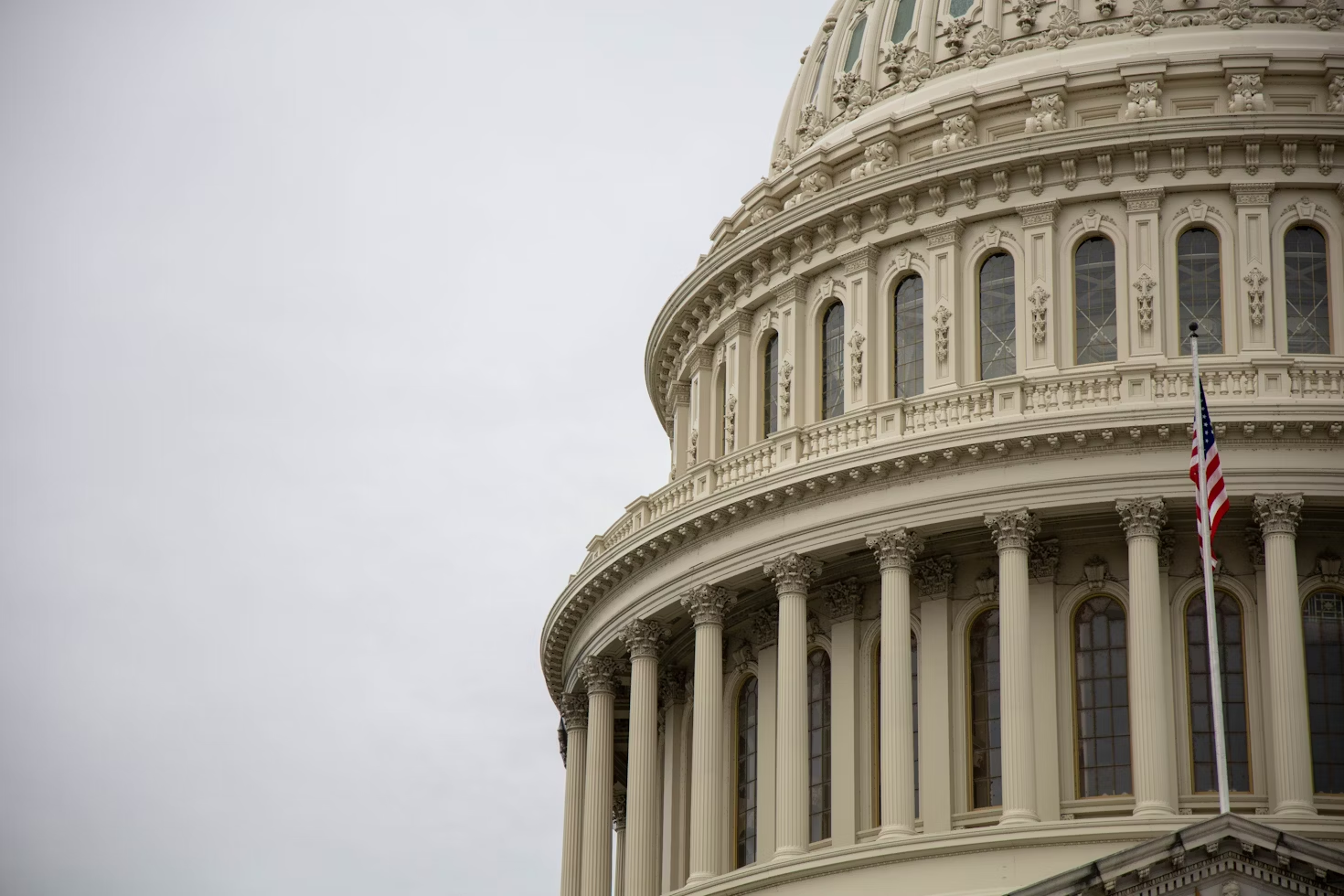Transform Your Dental Practice with These Essential Tools
Running a successful dental practice goes beyond patient care—it’s about creating positive first impressions, maintaining a full schedule, and building a motivated, high-performing team. With the right tools, you can tackle these goals and elevate your practice. Here’s how our latest resources can support you in reaching new heights of productivity, profitability, and patient satisfaction.1. New Patient Phone Call ScorecardFirst impressions matter, especially over the phone. Our New Patient Phone Call Scorecard is a complimentary tool designed to ensure every new patient call leaves a lasting, positive impression. This scorecard helps your team evaluate and refine their phone interactions to connect with callers, demonstrate genuine empathy, and build trust from the first conversation. By ...









